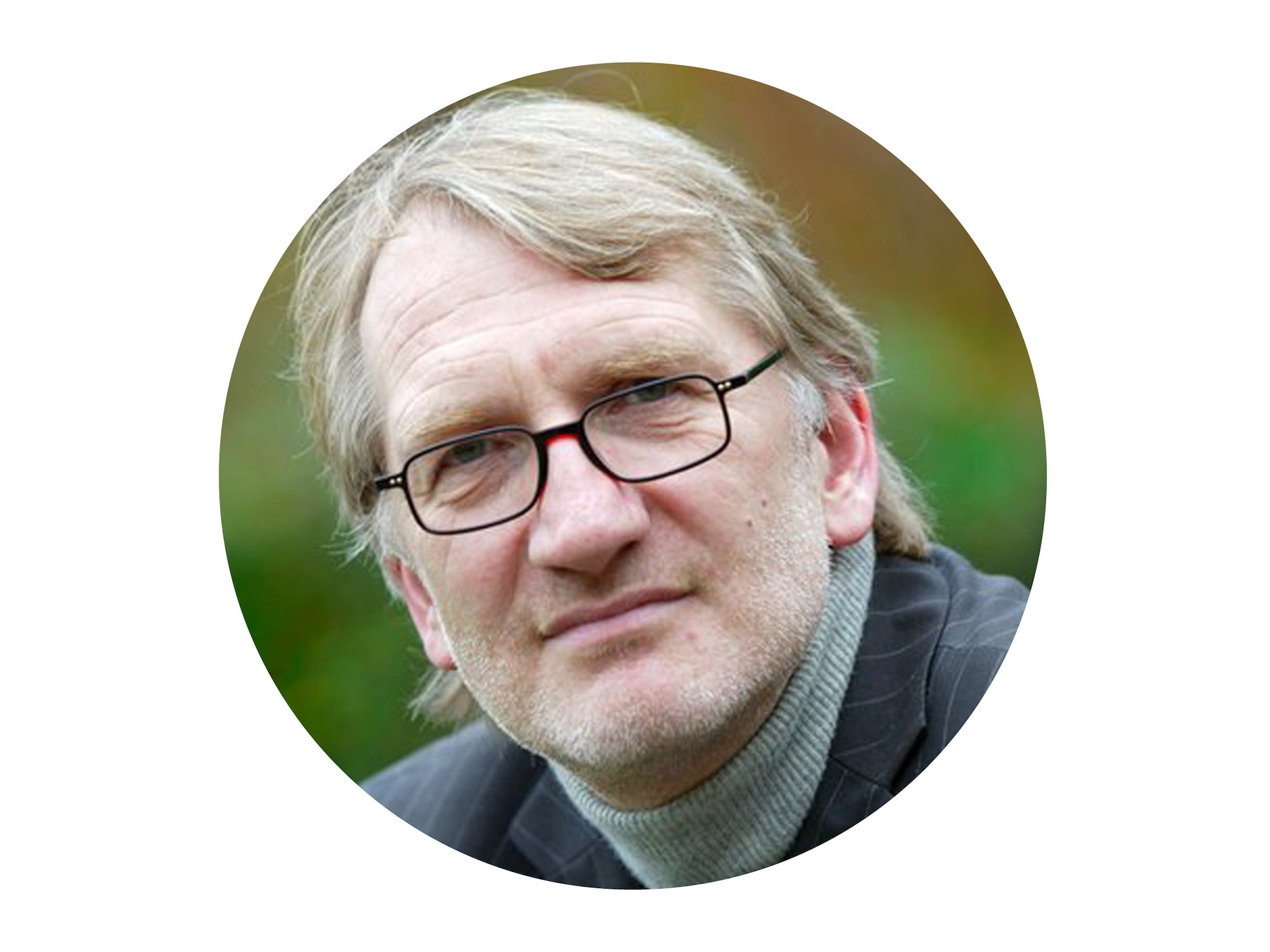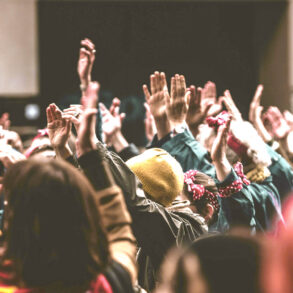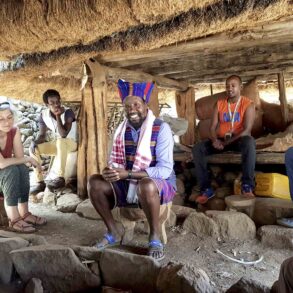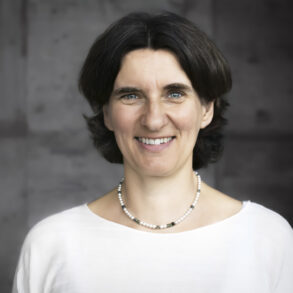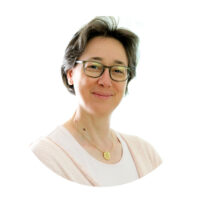An interview with trauma therapist and physician Martin Straube about his mission in Ukraine. Wolfgang held asked the questions.
What is your mission in Ukraine?
Martin Straube We train adults to become trauma educators. We are going to Krakow and Lviv, and organizing training and further education in eight modules. Starting in the fall, things will really get going. We will be in Horodenka and in Ivano-Frankivsk, where there is a Waldorf initiative. We have met the locals, great people. We want to go to Kiev but it is difficult because of the bombing. We are planning the next mission there with a larger team because the art therapists there also want further training. Something will probably also be set up in Odessa. So we will be in Ukraine more and more from the fall on.
Who gives the courses?
My wife Mika and I. Sometimes we work with art therapists and we currently have a eurythmy therapist with us. Mika does the conversational techniques and I am responsible for the thematic content.
Who comes to the trainings?
In Lviv, the majority are psychologists, but they are street workers and social workers, most of whom, surprisingly, have not heard of trauma therapy. The word is actually unknown in this country that has been so battered, first by Stalin, then by Hitler, then the Holodomor—the famine, then Chernobyl, then the Maidan trial. Nevertheless, the participants are highly engaged. When they come back after a module, they talk enthusiastically in the opening session about what can be achieved when they work with children. There is one woman who works with soldiers who have lost arms or legs—she brings such dynamism to our class. It’s so heart touching that we come back blessed every time.
What is the core message that you convey?
“What is trauma?” How do we recognize the signs of trauma and how can we derive pedagogical action from what we perceive? I know something about human nature, I’ve gotten my hands dirty, which has helped me developed further. What we call the body is not just the physical body—the body consists of four members. I would notice it if you were not living at this moment, for instance—ah, you laugh, so I notice that you are also ensouled! The physical organization gives firmness and stability and borders. In the soul this also happens: we can hold impressions as memory—that is the same power. And when we realize that this is not firm, then we have to support it. If the life forces that also live in the attention are not there, then I have to support them. If the soul is outside itself, if the astral body is spinning, then I have to deal with it—I think the term ‘order’ is better, in the words of Heinrich Fallner, who formulated the four possibilities of interaction. That’s where we start to practice, with rituals.
Psychotraumatology always looks at the brain, as does the anthroposophical literature that exists on this. You can also look at the rhythmic system, and you can draw attention to the bodily metabolic processes and the will! The fact that more soldiers died of suicide in the USA after the Vietnam War than by acts of war itself shows that the whole motivation for life suffers. That is the will and the will is not in the head. How can we encourage that? How can we put the rhythm back in order? With pedagogical measures—daily structure, rhythmic games, alternating activity and rest. So we go through this in detail and practice, and then go into specifics of psychotraumatology and dissociations. What is the significance of words? Bessel van der Kolk, the Dutch trauma therapist, said “Trauma is a prison and the escape route is paved with words.” So how do I speak supportively and how do I speak protectively, or how do I speak in a confrontational way? These are, after all, the issues at stake.
What is different in Ukraine than in Iraq or Gaza?
The areas we are in are peaceful areas. You hardly notice that there’s a war going on unless you’re being overtaken by military convoys. Sometimes there is an air alert, but nobody cares because there is no infrastructure in the areas where we live. Everyone has the air alert app on their smartphone. When a Russian missile goes up, its target is calculated and an air alert is given. We have participants from Kharkiv with direct experience of the war and there is no one who does not have someone to mourn, who does not have relatives or acquaintances that have died. Then you realize that behind the cheerfulness there are sad eyes that tell you the battery is getting low. Our meetings are moments when they recharge their batteries. Another difference with Ukraine: while many trauma pedagogues come forward for Turkey, it is difficult to find them for Ukraine. This may be because people are afraid, especially now that more bombs are falling. I also believe that natural disaster causes a different kind of willingness.
Can you describe another experience that touched you, that shows what Ukraine’s work means to you?
It is always touching for me to meet the people who grasp the explanations and suggestions, and immediately put them into practice and are ready to help each other. They support each other. We gave a large aluminum box with materials for trauma education to a woman. Then she needed a second and a third, because she not only works in the curative education home—the curative education school in Kharkiv—but as soon as a bomb falls somewhere she immediately goes there with a box and gathers the children around her. In addition, groups have formed there. We have seen commitment everywhere: in Gaza, in Iraq, but in Ukraine it is even more intense, and that touches me deeply. I’ve rarely felt, like I do now, that I’m doing something that is so fruitful and put into practice so immediately that I end up asking myself: “Who is learning from whom here?”
Title image Martin Straube. Source: Praxis Straube

